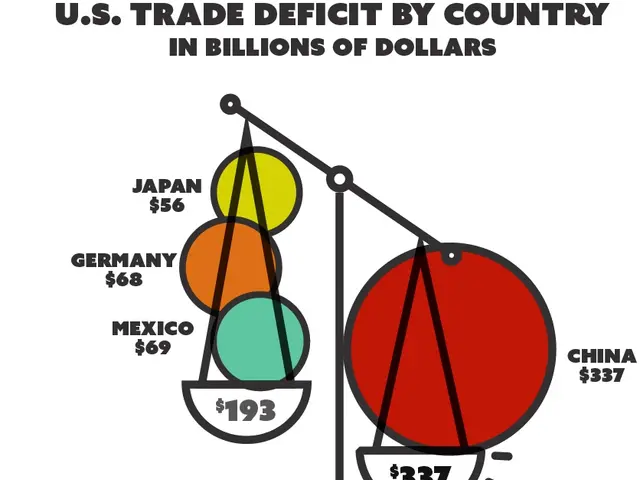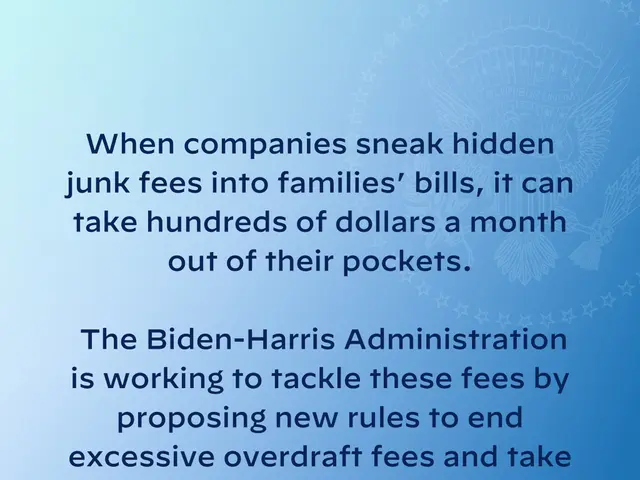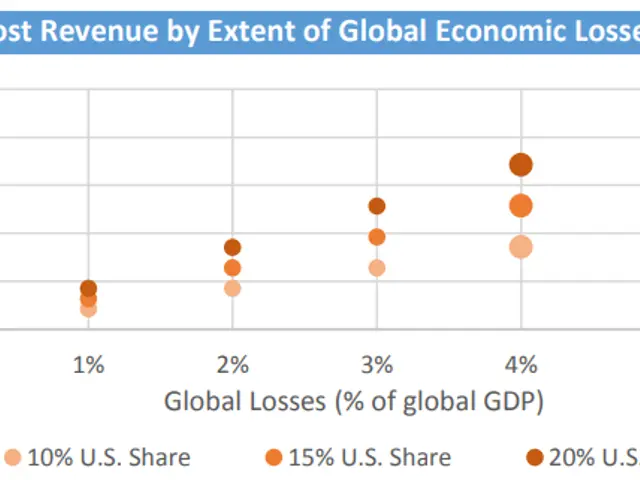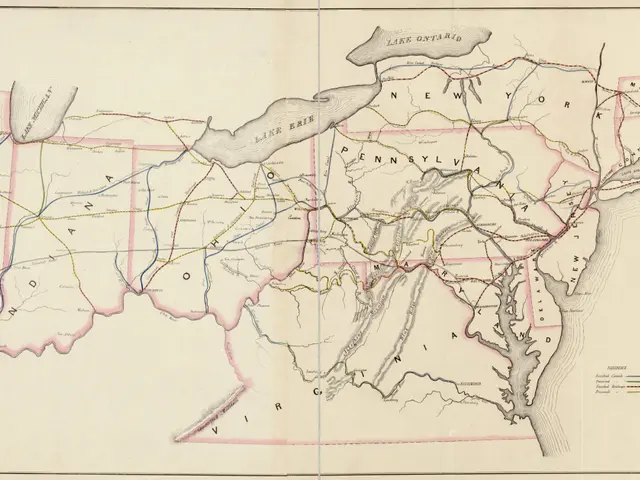Chainlink's Unified Corporate Actions Speeds Up TradFi Data Transfer
Chainlink, a leading decentralised oracle network, has unveiled a groundbreaking solution for managing corporate actions across blockchains and global finance. Phase 2 of the project, dubbed 'Unified Corporate Actions', has achieved remarkable milestones, including near-perfect consensus accuracy and support for multilingual announcements. The project, a collaboration with 24 major financial players including Swift, DTCC, Euroclear, SIX, TMX, UBS, DBS Bank, and BNP Paribas, aims to streamline corporate event data movement in global entry. Phase 2 introduced new contributor and attestor roles, enabling institutions to fill in missing data fields and cryptographically sign each record, ensuring data integrity. The solution now delivers verified records directly to systems in minutes, a significant improvement from the previous multi-day process. This is made possible by ISO 20022 messaging via Swift and Chainlink's Cross-Chain Interoperability Protocol (CCIP), which distributes verified records across DTCC's AppChain and multiple public and private blockchains. The initiative leverages blockchain, AI, and cross-chain connectivity to achieve this speed and efficiency. The successful implementation of Phase 2 marks a significant step towards Chainlink's goal of automating corporate action data validation and distribution. The collaboration aims to cut an estimated $58 billion in global costs by enhancing efficiency and accuracy. With near 100% consensus accuracy and support for multilingual announcements, the Unified Corporate Actions solution is proving to be a production-ready answer to a longstanding challenge in global finance.








